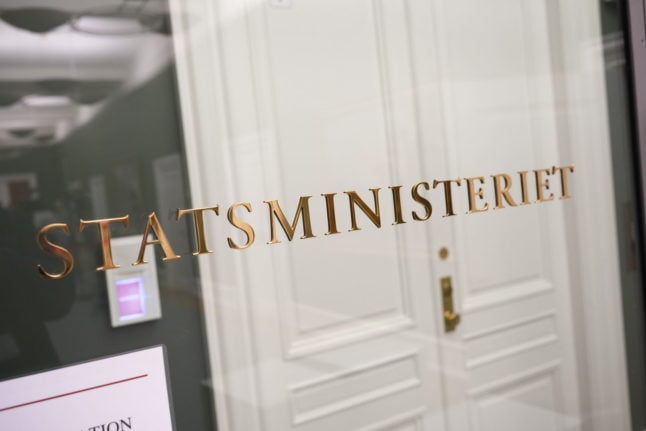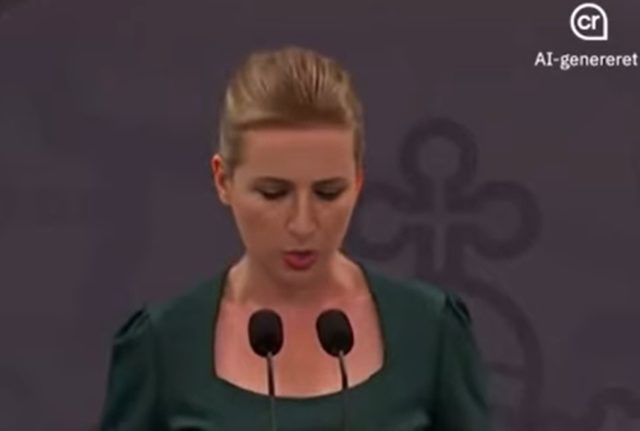The talks, which began on Friday last week, will continue for at least another two weeks, the Social Democratic party said in a statement on Friday.
“Initial negotiations” will be ongoing up to and including November 24th, according to the statement.
So far, around 30 meetings have been held between the parliamentary parties and North Atlantic mandate holders, it stated.
“We have come far during these days and will proceed next week. Some parties could not take part in recent days,” lead negotiator and acting prime minister Mette Frederiksen said following talks at the Prime Minister’s Office at the Christiansborg parliament in Copenhagen on Friday.
Various topics – including health and the economy – have so far been the subject of discussions. Next week will see talks on children and young people, followed by climate and the environment, Frederiksen said.
READ ALSO:
- Danish Social Liberals press for more foreign labour in government talks
- Could a centrist government change Danish asylum plan?
- Five things to know about the Danish election result
“The initial rounds of talks on the major political and social agendas are likely to continue for some time to come,” she said.
Economy, reforms and the response to be inflation will also be discussed next week, the second time these areas have been addressed.
The week of November 21st will include talks on foreign and security policy and bilateral meetings with the four MPs from the Faroe Islands and Greenland.
The Social Democrats said in the statement that they will also seek to find an agreement with other parties over a temporary 2024 budget which can be tabled by a new government.
Denmark’s annual budget is usually passed by parliament by December but protracted negotiations following the election mean a temporary plan for state spending may be needed. This has happened on a number of occasions in recent Danish history, in 2001, 2007 and 2011.



 Please whitelist us to continue reading.
Please whitelist us to continue reading.
Member comments